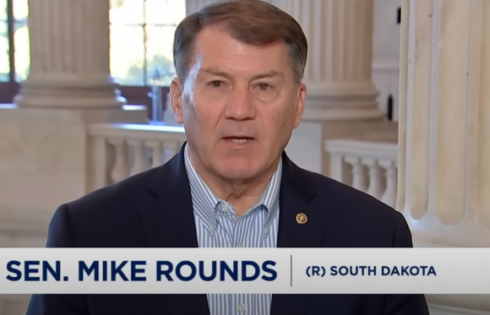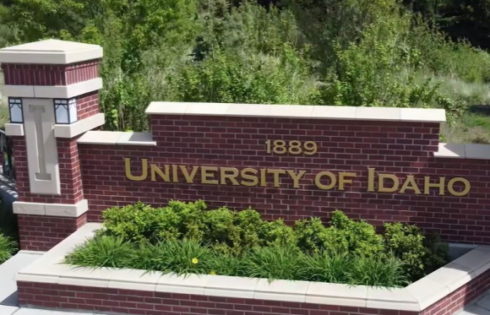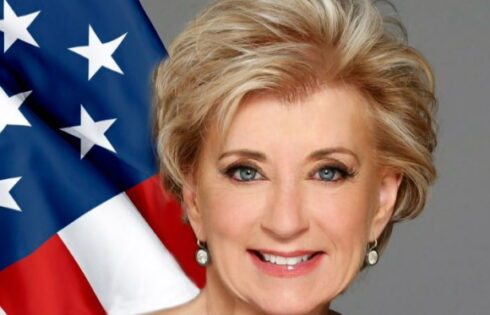Columbia University falls over itself to promote cultural diversity while it runs scared of political diversity, a campus freshman argues in his debut op-ed in The Columbia Spectator.
Daniel Brovman makes that point and more in his column:
The homogeneous quality of political opinions doesn’t actually unify the student body, but rather inhibits any progress. Uniformity simply creates a society where one’s political beliefs are hailed as correct and are placed on a pedestal if the majority of the student body agrees with those views. It therefore doesn’t provide for any learning or for any possibility of change. Furthermore, the student body will let claims go unquestioned and will repeat them if they concur with the majority opinion. To use a very simple example, in nature, biodiversity is extremely important to the longevity of a group—without the differences in nature, a group is more susceptible to extinction. We are no different—with no differences in political beliefs, our community will eventually reach a point where we are unable to aptly defend our views against others—our life of the mind will atrophy.
As Alex Collazo aptly states in his column, (“Politics are Personal,” Nov. 11), “At Columbia, you will find anarchists, libertarians, conservatives, reactionaries, militarists, socialists, communists of all stripes, and even a few students who are, in substance if not in self-identification, fascist.” It appears as though Columbia, by constantly engaging the student body in all matters relating to religion, race, sexual awareness, and not engaging the body in political matters, recognizes that political opinions can be the most divisive differences that exist amongst the student body—yet it doesn’t recognize the repercussions of its suppression of discourse of those political opinions. A quick look on Columbia’s Student Affairs website shows multiple organizations that attempt to solve the issue of a lack of diversity such as the Black and Latino Student Organization, as well as methods for LGBT students to be able to easily communicate with the University, but nowhere on its website does it talk about its political diversity, or lack thereof. On that same website, Columbia simply states that it “is committed to creating and supporting a community diverse in every way: race, ethnicity, geography, religion, academic and extracurricular interest, family circumstance, sexual orientation, socio-economic background and more.” By not mentioning a lack of political diversity on the Student Affairs website, Columbia effectively turns a blind eye to the issue.
Click here to read the entire column.
Click here to Like The College Fix on Facebook.




Please join the conversation about our stories on Facebook, Twitter, Instagram, Reddit, MeWe, Rumble, Gab, Minds and Gettr.